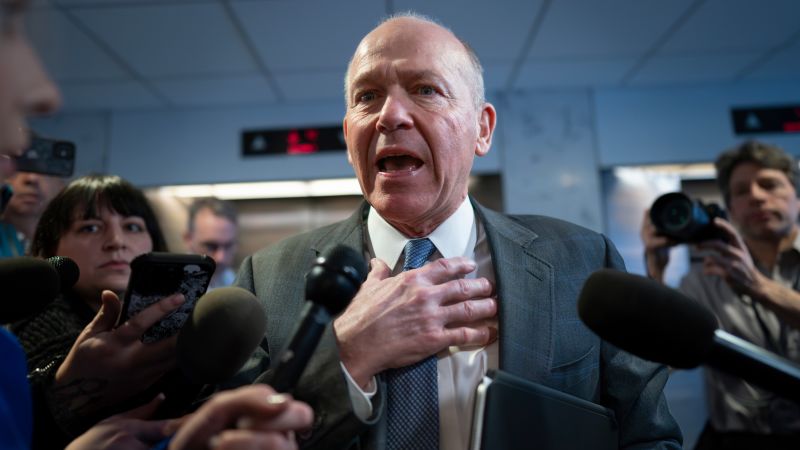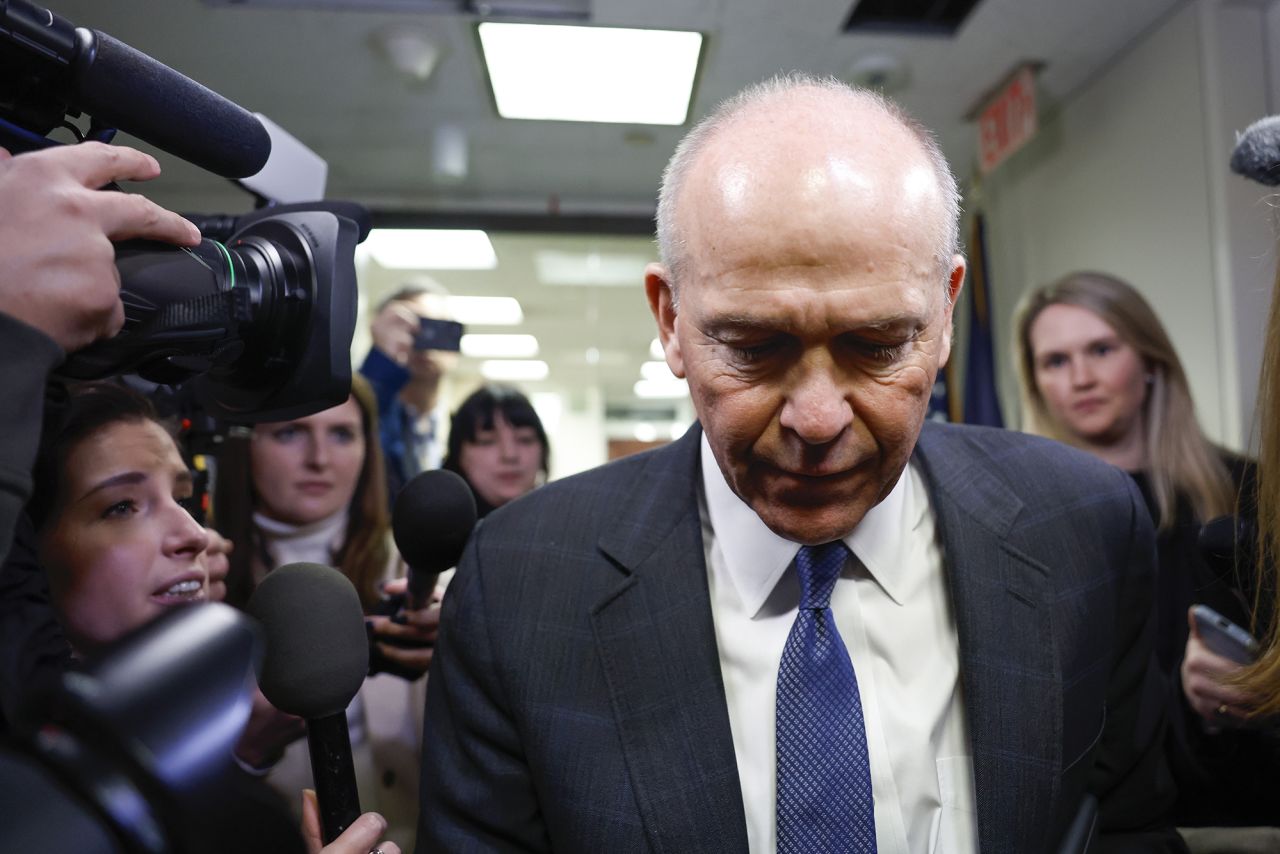
Boeing CEO Apologies to Families of Plane Crash Victims and Addresses Safety Concerns at Senate Hearing
Outgoing Boeing chief Dave Calhoun faced intense scrutiny from senators during a recent hearing regarding the company's safety, transparency, and quality standards. Calhoun acknowledged that the company had retaliated against employees who raised safety concerns.
Calhoun began his testimony by turning to face the families of victims of previous Boeing plane crashes, including those involving the 737 Max model. He apologized for the grief caused and emphasized Boeing's commitment to safety.
Several whistleblowers testified about retaliatory measures taken against them for speaking out or raising concerns. One former employee, John Barnett, took his own life after raising quality concerns. His family was present at the hearing.
Calhoun also addressed the issue of missing parts in Boeing planes and denied any wrongdoing. A new whistleblower claimed that Boeing had defective parts going into 737s, which federal officials are currently investigating.
Senators grilled Calhoun on these issues, with some accusing the company of prioritizing profits over safety and failing to protect whistleblowers. Calhoun denied these allegations and emphasized Boeing's focus on safety.
Calhoun testified before Congress after a door on a 737 MAX 9 blew off during a flight from Oregon to California. Since then, the Federal Aviation Administration (FAA) has failed several audits conducted at Boeing facilities. Another whistleblower, Sam Mohawk, came forward and alleged that Boeing had hidden parts of a Boeing 737 from FAA inspectors during an inspection.
Calhoun responded to these allegations by denying retaliation against employees who reported safety concerns and expressing pride in the company's actions and safety record. However, he did not address the specific allegations regarding hidden parts or evidence tampering.








